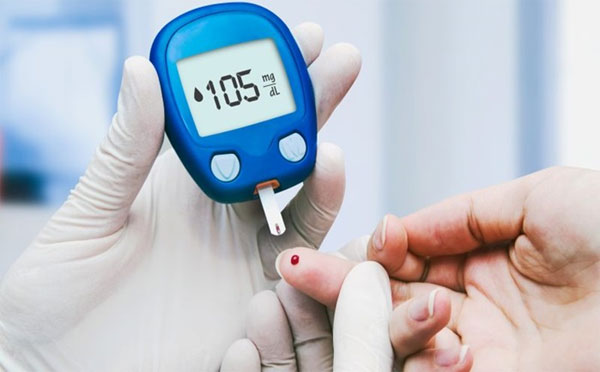Daijiworld Media Network - New Delhi
New Delhi, Nov 4: Researchers at the Indian Institute of Technology (IIT) Bombay have uncovered hidden blood markers that could help detect diabetes risk earlier, offering hope for more personalised treatments in a country often called the diabetes capital of the world. India currently has an estimated 101 million adults with diabetes and another 136 million at risk of prediabetes.
Traditional tests like fasting blood glucose and HbA1c capture only a portion of the complex biochemical changes underlying diabetes and cannot always predict who is most at risk. The IIT Bombay team used metabolomics, the study of small molecules in blood, to identify subtle shifts in body chemistry that occur before clinical symptoms appear.

“Type 2 diabetes is not just about high blood sugar. It disrupts amino acids, fats, and other pathways in the body. Standard tests often miss this hidden activity, which may begin years before symptoms emerge,” explained Sneha Rana, a doctoral scholar at IIT Bombay.
The study, published in the Journal of Proteome Research, analysed blood samples from 52 volunteers at Osmania General Hospital in Hyderabad between June 2021 and July 2022. The participants included 15 healthy individuals, 23 with type 2 diabetes, and 14 with diabetic kidney disease (DKD). Using liquid chromatography-mass spectrometry (LC-MS) and gas chromatography-mass spectrometry (GC-MS), the researchers examined nearly 300 metabolites.
They identified 26 metabolites that differed significantly between diabetic patients and healthy controls. Some were expected, such as glucose, cholesterol, and 1,5-anhydroglucitol, a short-term blood sugar marker. Others, like valerobetaine, ribothymidine, and fructosyl-pyroglutamate, had not been previously associated with diabetes.
“This shows that diabetes is a much broader metabolic disorder than just glucose imbalance,” said Prof. Pramod Wangikar of IIT Bombay.
The study also highlighted metabolites that could indicate risk of diabetic kidney complications. Seven compounds, including sugar alcohols arabitol and myo-inositol, ribothymidine, and 2PY—a toxin-like molecule that builds up in kidney damage—were found to increase progressively from healthy individuals to DKD patients.
The findings suggest that metabolite profiling could complement standard tests, enabling early detection and better personalised interventions for diabetes and its complications.